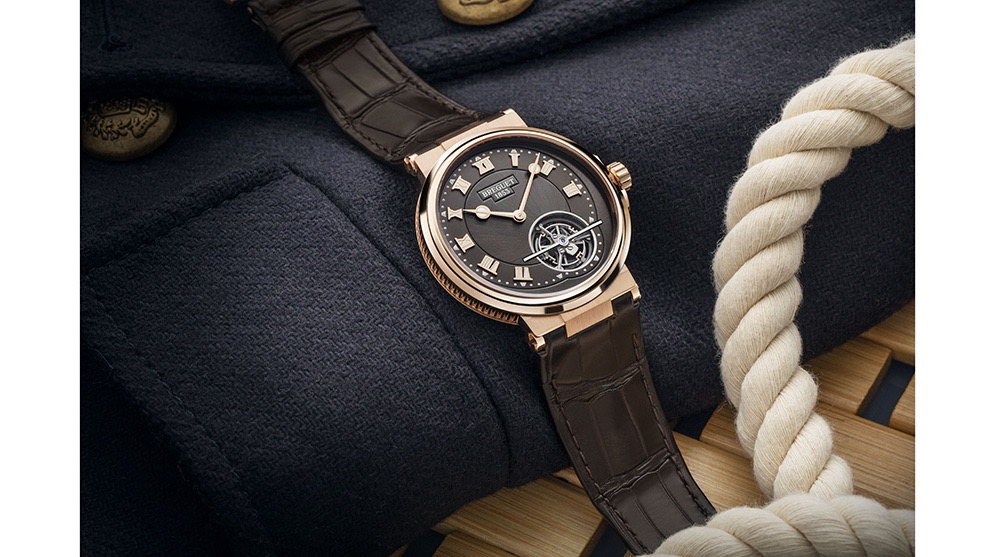Dubai Watch Club’s Yousuf Gargash on The World’s Most Iconic Diver Timepieces.
The horological world’s offerings have evolved over the centuries, from standard pocket watches to the most complicated of wristwatches. As time has gone by, some houses have become associated with specific activities; when it comes to dive watches, brands including Breguet, Omega, Blancpain, TAG Heuer, and Panerai have earned themselves an enduring association with the sea by creating perfect tool watches that can withstand the challenges of ocean exploration.
Delving into the history and artisanal craftsmanship of each house, we can see that what was once a simple tool has turned into a functional piece of art. Diving watches date as far back as the 1920s, when they were mainly used by military and diving specialists who needed rugged waterproof timepieces.
Panerai is a brand that has gained traction due to its history, which saw its watches—enhanced by the use of the Oyster cases conceived by Rolex in 1926—used by Italian military divers in the 1930s. The marque has come a long way since its birth as a Florentine watchmaker, and its renowned Radiomir and Luminor models are named after the extra luminescence of the numerical plots on the dial. Panerai has stayed true to its original shapes and worked tirelessly on perfecting the reliability and durability of its watches.
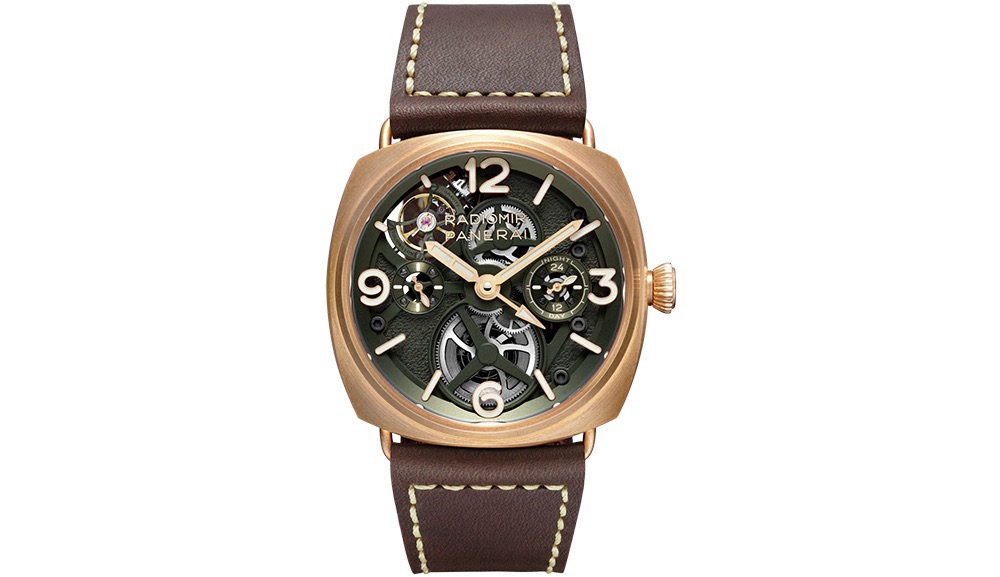
Which chronometer should be deemed the first diving watch is subject to speculation, but one contender is Omega’s rectangular Marine, which gave birth to the famed Seamaster. Introduced in 1948, the latter was based on designs made for the British Royal Navy towards the end of the Second World War. The original Seamaster’s key feature was an O-ring gasket used to create its waterproof seal.
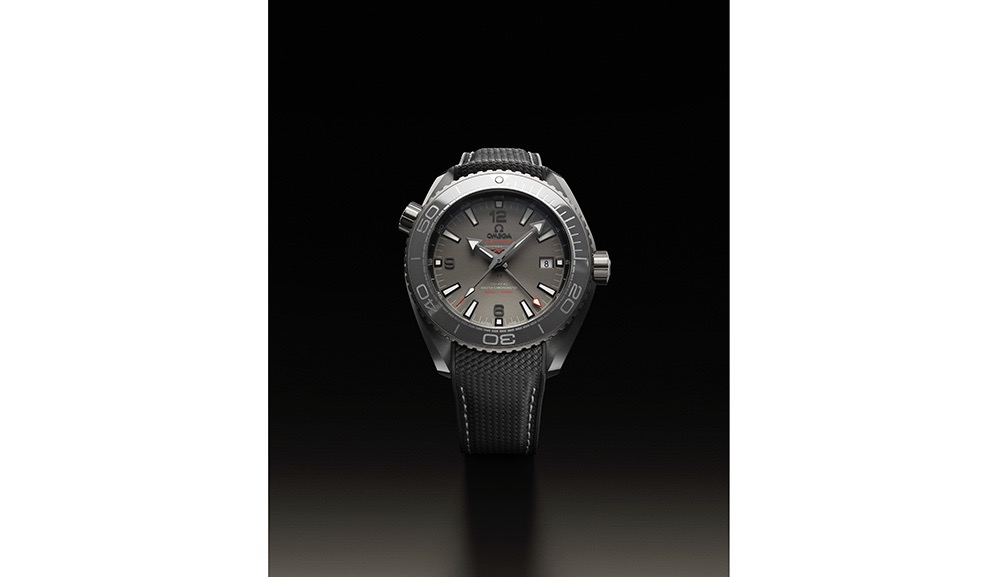
The oldest Omega watch still in production today, the Seamaster, became the preferred timepiece of James Bond as well as of the British military. Thanks to Omega’s constant innovation, it has always evolved, resulting in a perfect professional tool for standard maritime equipment.
The Fifty Fathoms, which has been a staple of Blancpain’s collection since it was first produced in 1953, is another storied diving watch that is widely regarded as the first true diver’s watch. A favourite amongst the horological intelligentsia, this piece established a template in the 1950s that many other brands have followed. From its early years with an acrylic bezel to its modern ceramic bezel, it’s a watch that has consistently improved, constantly evolved, and played a vital role in the development of scuba diving.
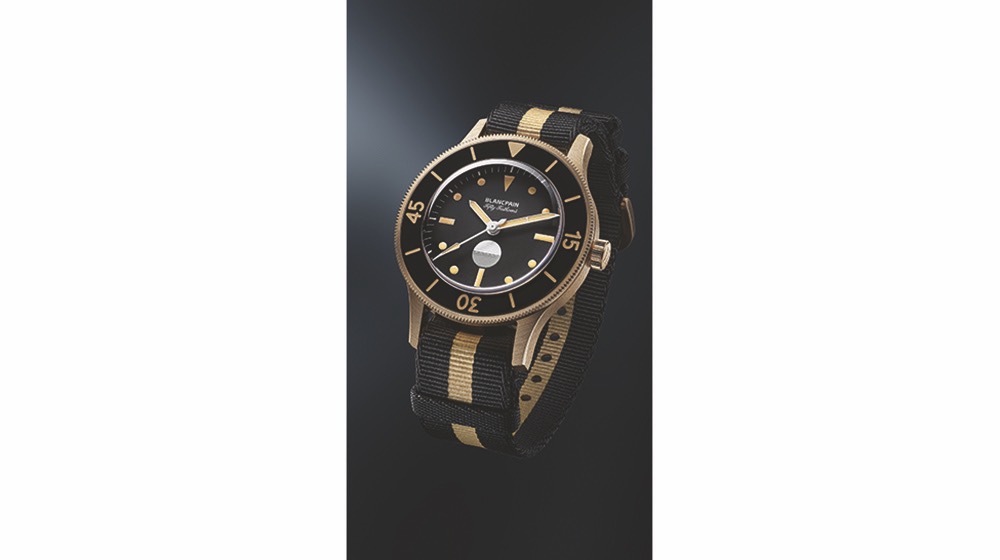
TAG Heuer, which has traditionally made watches for rally drivers, introduced its first dive watches in 1978 and has produced dependable watches (including the Aquaracer) for sea enthusiasts ever since. Like many of the watch houses, TAG Heuer survived the quartz crisis of the 1970s by showing resilience that is as impressive as its wares.
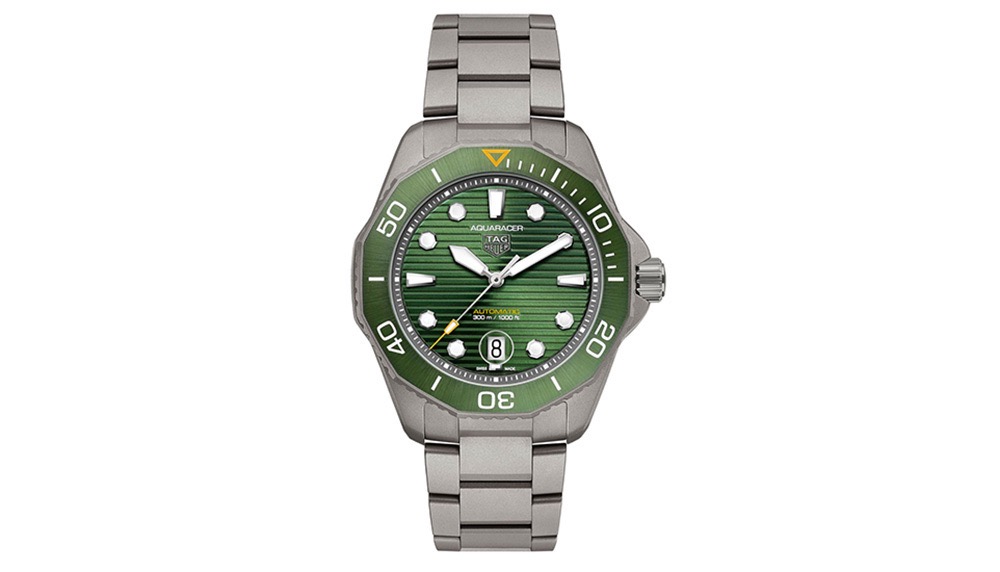
The final example to mention here has to be Breguet’s own Marine, which upped the dive-watch ante on its release in 1990, representing a diversification into sport models rather than elegant dressy watches (although the Marine is, of course, an elegant piece).
One of the oldest watch houses still operational today, Breguet has produced timepieces for notable figures including Napoleon Bonaparte and was appointed official chronometer maker for the French Royal Navy in 1815, not long after becoming a member of the Bureau des Longitudes in Paris. The brand didn’t hold back when creating the Marine, which boasted the manufacturer’s signature coin edges, an elaborately beautiful movement, and various finished dials. The watch is a stunning piece that evokes the symbolic beauty of the sea.
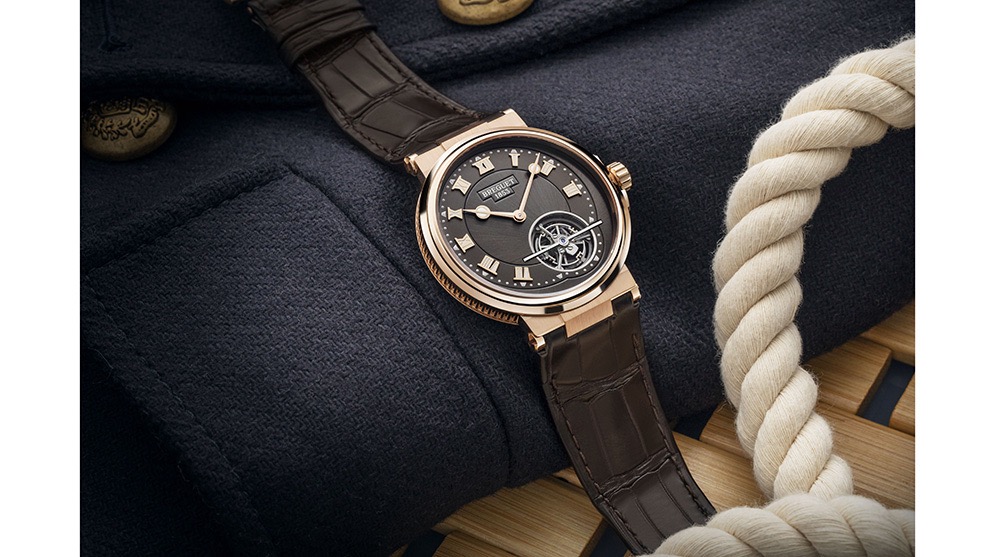
These venerable marques have adapted and innovated over time and have, between them, enhanced the artisanal craft of watchmaking. From fulfilling the simple requirements of timekeeping to improving functionality across complications, they have progressed from tool pieces to art for the wrist. These are watchmakers that work against time itself to become better and better—and they won’t be stopping anytime soon.

